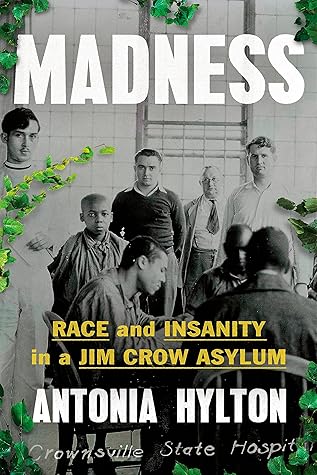But the more subtle and crucial message was that they still owned Black people. That they could sever their body parts, and continue to have complete and utter dominion. They controlled their livelihoods and their prospects. They could take ownership of people seen as destitute, different, and strange. They also owned the narrative. Each lynching stole the life of its victim, but it also wrought immeasurable trauma on every Black person who witnessed or heard the story. Between 1889 and 1930, 3,724 people were lynched in the South; over four-fifths were Black. In almost every case, no serious
...more
Welcome back. Just a moment while we sign you in to your Goodreads account.


